Gas Leak Detectors
From low cost handheld gas detectors to intrinsically safe, heavy-duty instruments, this category has it all! Gas detectors suitable for detecting the presence of a wide variety of gasses including combustible, CO and methane.
Find out more about Gas Leak Detectors below.
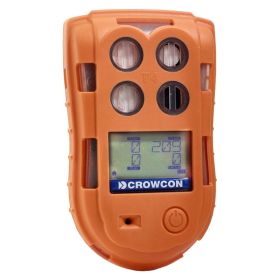
- Intuitive menu system
- IP65 and IP67 certification
- Battery life of 18 hours
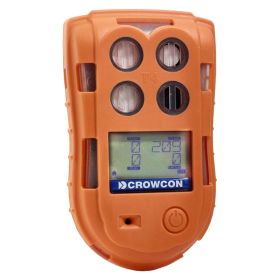
- Intuitive menu system
- IP65 and IP67 certification
- Battery life of 18 hours
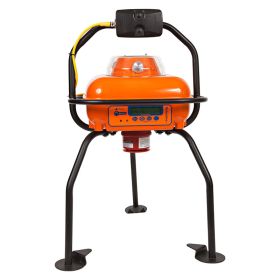
- Methane, Propane, Butane, or Ethylene options
- Infrared Sensors
- Built-In Pump Option
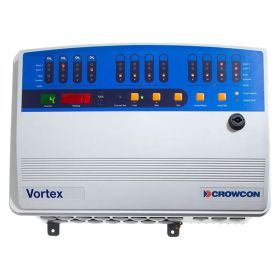
- 4, 8, or 12 Input channels
- Internal alarm
- Gas level display
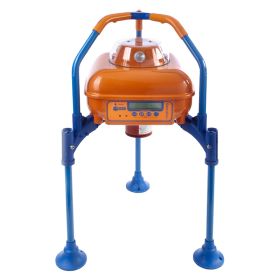
- Dutch Natural Gas
- Infrared Sensors
- Built-In Pump Option
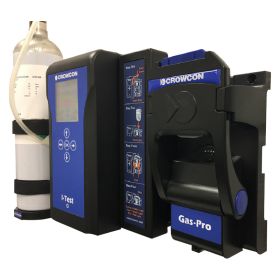
- Entirely Self-Contained
- Exception Reporting
- Data Management
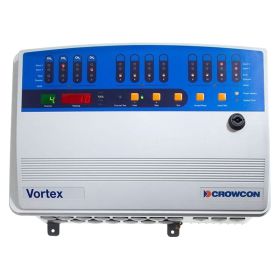
- 4, 8, or 12 Input channels
- Internal alarm
- Gas level display
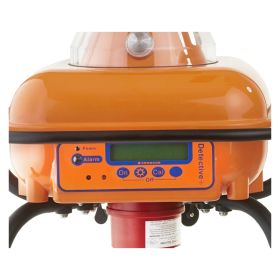
- Non-pumped or Pumped Gas
- Raised Sensor Apertures
- Built-In Pump Option
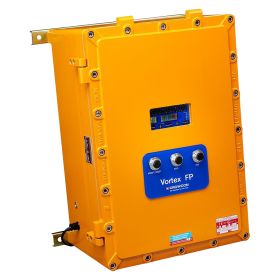
- Compact model
- Vortex PC software
- Water and dust resistant to IP66
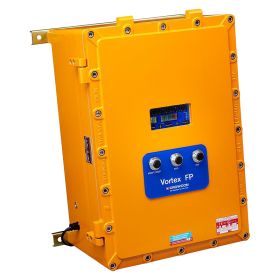
- All relays are continuously monitored
- Vortex PC software
- Water and dust resistant to IP66
About Gas Leak Detectors
Safety should always come first when working with gas. You need to know immediately when gas has leaked into an area, and that is why any engineer needs to own an efficient gas leak detector that could well save your own life and that of others.
Detection of gas leakage can be an incredibly difficult process without the correct equipment. This is primarily because a large number of gasses are invisible to the human eye so an engineer's job is vastly increased in difficulty. There is also the added concern when dealing with toxic or hazardous gases as it would endanger the engineer's life using traditional detection techniques such as smelling for the leak.
Most common gas meters are configured to work on a predetermined range of chemicals or elements. This refined approach allows for a tester to deliver accurate readings for a specific role at a reduced cost. More advanced testers can allow for a huge scope of different data to be presented to the engineer, this means more complicated analysis is available from a single device.
The most common form of leak detector is for the detection of combustible gasses, this is due to the large number of devices in the home that are capable of producing the gasses and the high risk they can present to property and human lives.
Leak detection equipment is not limited to electrical-powered testers but can also include a range of aerosols. These can be particularly useful when a leak needs to be very accurately located and the substance that is leaking is already known.


